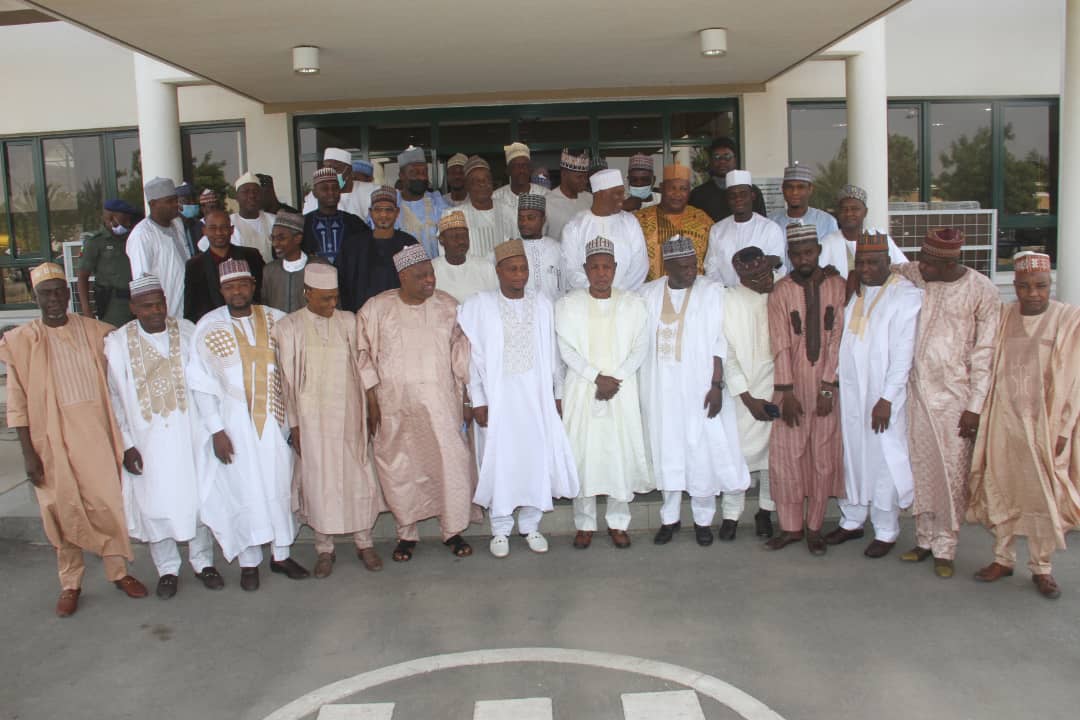James Danjuma
Governor Aminu Masari of Katsina State has signed a N323.2 billion appropriation bill into law for the 2022 fiscal year.
The budget is more than 17 billion short of the N340.9 billion estimate the governor presented to the state House of Assembly last month for consideration.
Masari, who signed the bill into law at the Government House chambers yesterday, called for discipline by stakeholders in the implementation of the budget.
He said the budget, tagged Budget of Economic Resilience, would be the last his administration would be executing within a twelve-month period.
Highest Single-Day Infection Of 2,213 COVID-19 Omicron Cases Recorded In Nigeria
According to him, the next budget, which is that of 2023, would be executed by his government within a period of six months, and continued by another administration after May 29, 2023.
The governor, however, said that the signed budget would majorly cover for ongoing projects as well as some new ones that would be completed within the tenure of his government.
He commended the state House of Assembly for ensuring speedy passage of the estimate, adding that such wasn’t the norm years back when budgets were passed into law in March of a new year.
“This budget is designed to complete ongoing projects and initiate other capital projects that can be completed within the lifespan of this administration.
“There are very few new jobs that were added to this budget, but we would ensure they are completed before this government’s tenure ends.
“I must commed the state House of Assembly for speedy deliberation on the budget and ensuring it is passed within 35 days after it was presented to the house.
“This didn’t use to be the norm in past years as budgets used to to take months, and are often passed by March or three months into the next year.”
Earlier, Speaker, house of assembly, Hon. Tasiu Musa Maigari, said the budget was slashed from N340.9 billion to N323.2 billion after rigorous deliberations.
Maigari said capital expenditure for the budget stood at N223.1 billion or 68 percent of total budget, while recurrent expenditure stands at N100.1 billion (32 percent).






